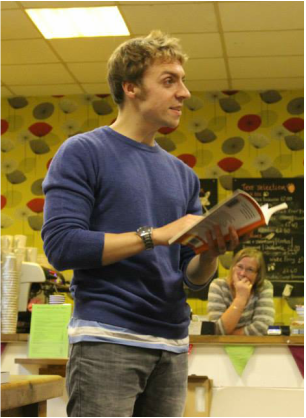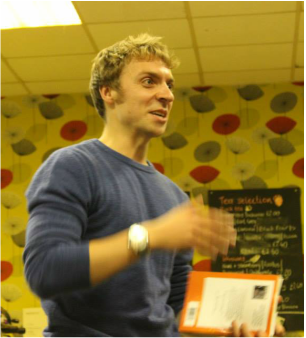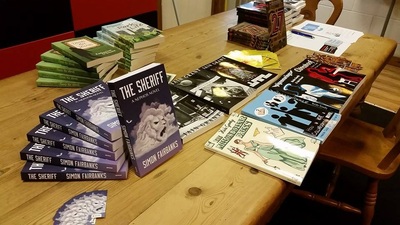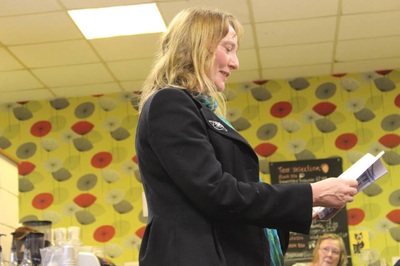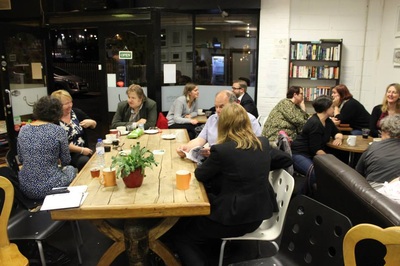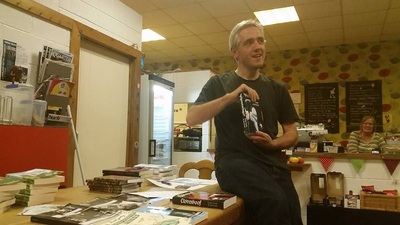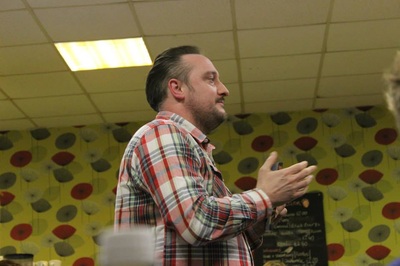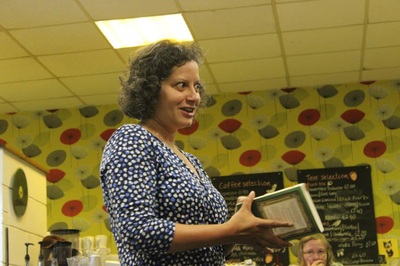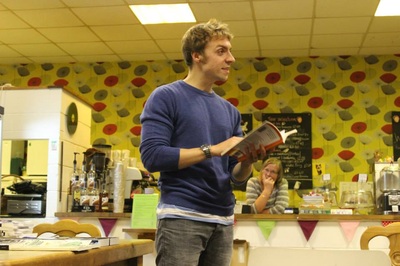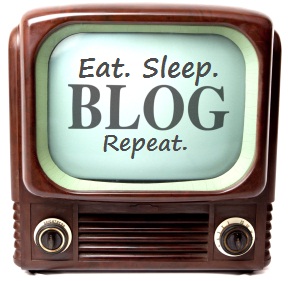
My novel The Sheriff was recently reviewed by Books J'adore, a blog written by American author Maria Mankin with over 15,000 subscribers. This was great exposure for my novel and thankfully the review was positive! I have also been interviewed by the Writing About Books blog and a review is due to follow.
It is important to remember that book bloggers are in high demand and need to be treated with respect. Therefore, here are five quick tips for approaching a book blogger.
1. Respect - be nice and not forceful. They are already overworked and owe you nothing. Do not be impatient and demand a review within the next week. You may have to wait six months. But their reviews are priceless so you need to work around their schedule, not the other way around.
2. Big Fan - if you have not met them in person then you need to consider why they would pick your novel to review out of the hundreds of requests that they receive. It helps to therefore show that you have done your homework. Mention reviews they have written which you found particularly useful, make sure you are subscribed to their mailing list and explain why you sought their opinion of your novel over other book bloggers.
3. Give Them A Free Copy - I hope this goes without saying but you have to provide the book blogger with a free copy of your novel, in whatever format they would prefer: paperback, mobi, epub and so on. You would be hugely delusional if you expect them to buy a copy of your book in order to review it. Remember, they are doing you the favour!
4. Play By The Rules - many prominent book bloggers have terms and conditions on their website, which state time frames, disclaimers, preferred formats and preferred genres. There is no use offering your fantasy novel to a book blogger who only reads crime fiction. You would be wasting your time and theirs. Therefore, do your homework and read their website before firing off a request.
5. Do Your Bit - after they have posted their review, make sure you thank them and do not attack them for any negative criticism that you receive. After all, you asked them for their opinion. If they do not like your novel then that is tough luck. Promote the review, regardless of its content, to your friends and followers to drive traffic to their blog. It is only fair that they get some exposure out of the arrangements. Post links to the review on your social media channels to ensure the word gets out there, about both your book and their fabulous blog.



